Mark Carney’s forex headache threatens Bank's credibility
The Bank of England’s embroilment in the gathering forex-rigging scandal poses big risks to its reputation
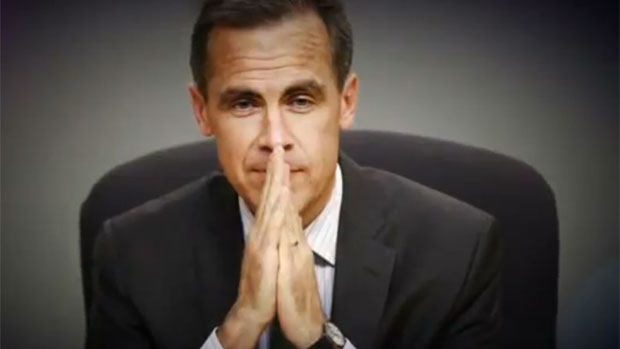
A free daily email with the biggest news stories of the day – and the best features from TheWeek.com
You are now subscribed
Your newsletter sign-up was successful
AT LEAST 24 foreign exchange traders in banks globally have been suspended by their employers in the escalating investigation into the alleged manipulation of the foreign exchange markets. Last week another joined their ranks, said Bloomberg. The Bank gave no reason for its decision to suspend one of its own traders, but released minutes of meetings indicated that officials may have known of “concerns that the foreign exchange market was being rigged almost eight years ago”. This week, governor Mark Carney faced “his toughest public testimony to date”, appearing before the Treasury Select Committee to shed light on the affair. The controversy marks “a major test in his leadership” and for London’s status as the global centre of the vast foreign exchange market.
Until the probe gathered pace, “even those at the coalface in foreign exchange thought it impossible to manipulate a market valued at $5.2trn a day”, said The Times. Unlike Libor rates, which are merely estimates and therefore easily manipulated. The forex rate-setting process is based on actual transactions. The pivotal benchmark is the WM/Reuters 4pm fix, a daily rate determined by trades in a 60-second window, then used to transact foreign exchange deals globally. For years, savvy investors have detected unusual surges in the benchmark, said the FT. But last year a whistleblower alerted regulators to chatroom discussions between rival traders allegedly sharing information about client order books and using the information to build up positions just ahead of the fix. One chatroom, whose members were known as “the Cartel”, was used by some of the most influential currency traders in London at banks including RBS, Citigroup, UBS and Barclays.
Carney has hinted that “the whole mess may lead to a root-and-branch revamp” of how the forex market is structured, said Katie Martin on WSJ.com. But as this is the second rigging scandal to have embroiled the Bank (following on from its 2012 entanglement in the Libor affair), the same reforming zeal is clearly needed in Threadneedle Street, said Ian King in The Times. “To supervise other banks, the Bank’s own reputation must be impeachable. So must its governance.” Both look on “shaky ground”.
The Week
Escape your echo chamber. Get the facts behind the news, plus analysis from multiple perspectives.

Sign up for The Week's Free Newsletters
From our morning news briefing to a weekly Good News Newsletter, get the best of The Week delivered directly to your inbox.
From our morning news briefing to a weekly Good News Newsletter, get the best of The Week delivered directly to your inbox.
It took four years for the Bank, under Lord King, to examine its decision-making during the financial crisis, said Nils Pratley in The Guardian. By that yardstick, Carney has “gone into overdrive”. He has responded to the allegations by releasing the minutes of secretive meetings; appointing the law firm, Travers Smith, to conduct an independent report; and putting an oversight committee of the Bank’s Court (its board of directors) in charge of an internal investigation. A new deputy governor will be appointed to oversee “markets and banking”. Will that be enough to reform an institution whose governance was described by Alistair Darling in 2011 as unfit for purpose? We’ll see.
A free daily email with the biggest news stories of the day – and the best features from TheWeek.com
writes profiles for Money Week and is City editor of The Week.
-
 Political cartoons for February 13
Political cartoons for February 13Cartoons Friday's political cartoons include rank hypocrisy, name-dropping Trump, and EPA repeals
-
 Palantir's growing influence in the British state
Palantir's growing influence in the British stateThe Explainer Despite winning a £240m MoD contract, the tech company’s links to Peter Mandelson and the UK’s over-reliance on US tech have caused widespread concern
-
 Quiz of The Week: 7 – 13 February
Quiz of The Week: 7 – 13 FebruaryQuiz Have you been paying attention to The Week’s news?
-
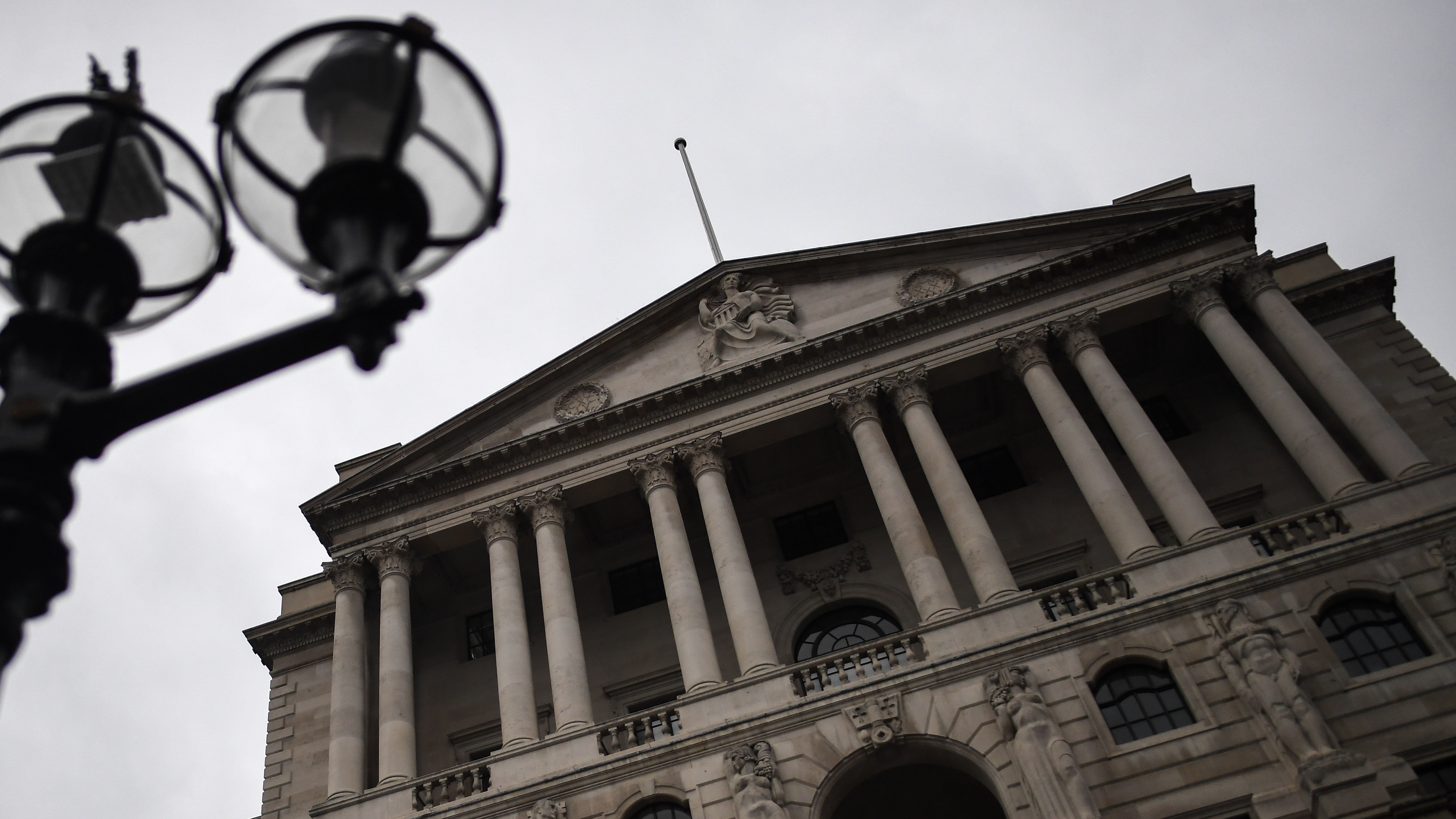 Are UK pensions safe?
Are UK pensions safe?Today's Big Question Bank of England governor says its debt market support must end – but the multi-billion-pound scheme could be extended
-
 When will paper £20 and £50 notes expire?
When will paper £20 and £50 notes expire?Business Briefing Old notes will soon be taken out of circulation by the Bank of England
-
 What is inflation and why is it so high?
What is inflation and why is it so high?feature Smaller petrol price increases mean inflation has dipped slightly – but it remains in double digits
-
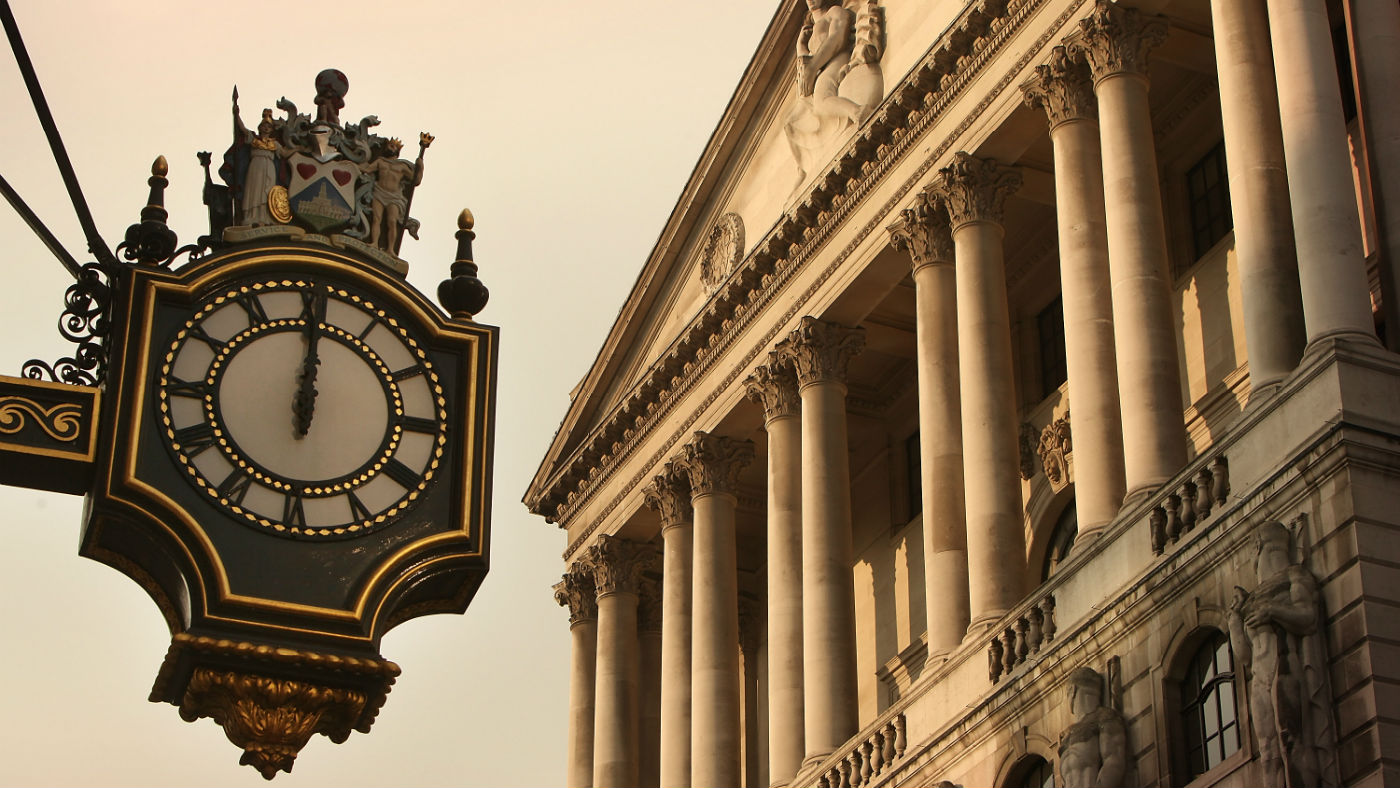 Negative interest rates explained: how your finances could be affected
Negative interest rates explained: how your finances could be affectedIn Depth Money experts share their views and advice
-
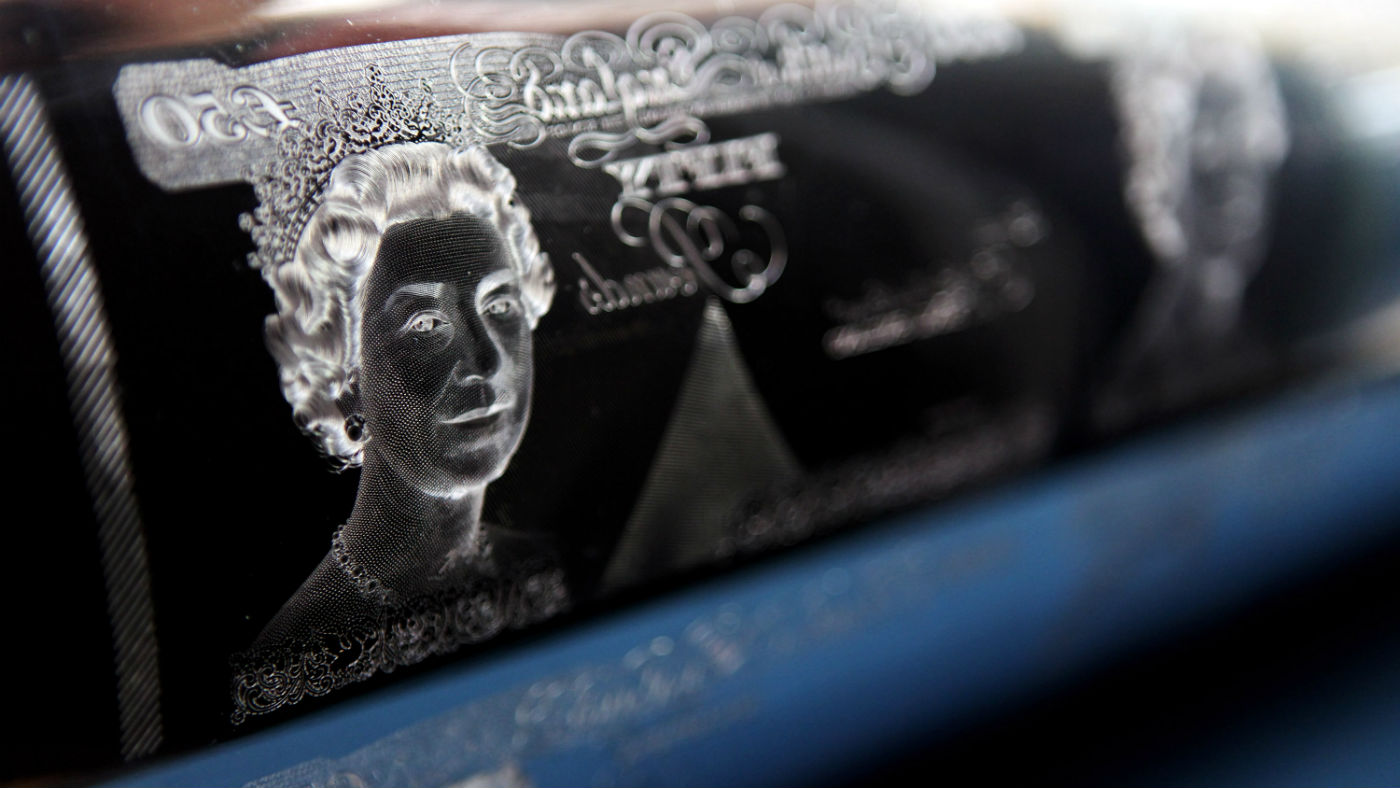 £50 notes to stay despite money laundering claim
£50 notes to stay despite money laundering claimSpeed Read Bank of England resists calls to abolish high denomination note ‘widely used by criminals’
-
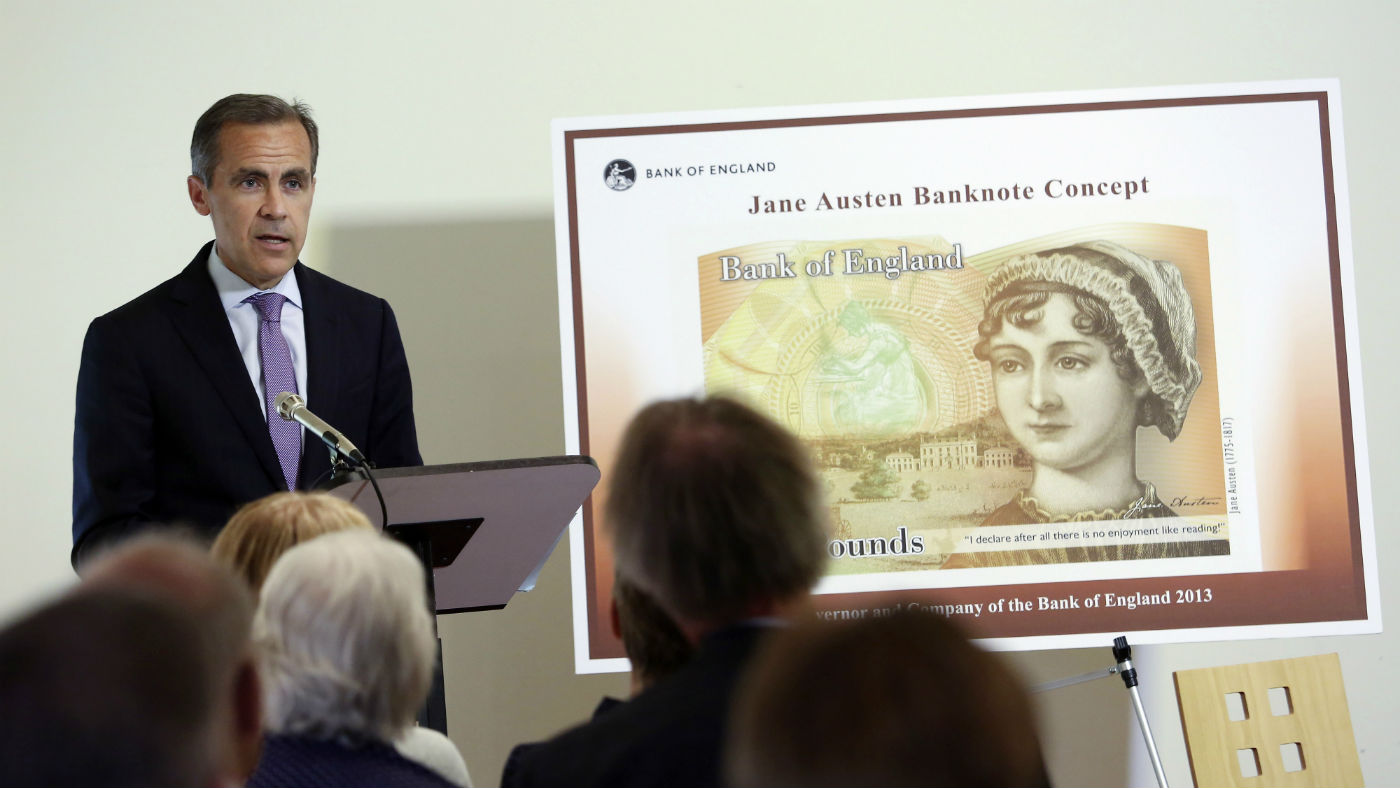 Old £10 notes: £2bn must be spent before March deadline
Old £10 notes: £2bn must be spent before March deadlineSpeed Read New polymer £10 will consign paper note to history at the end of the month
-
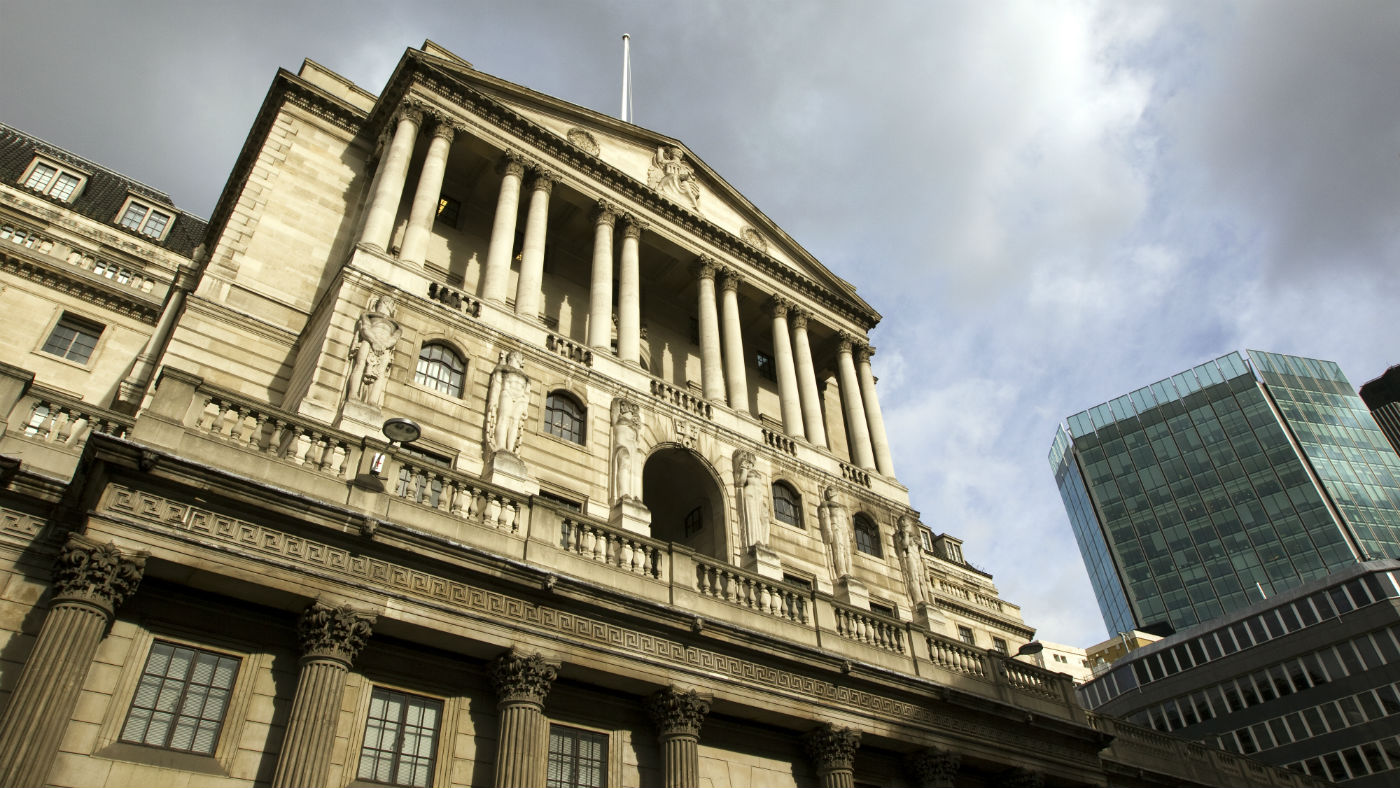 What does the interest rate rise mean?
What does the interest rate rise mean?In Depth Borrowers to be hit while savers benefit - but is it a good idea?
-
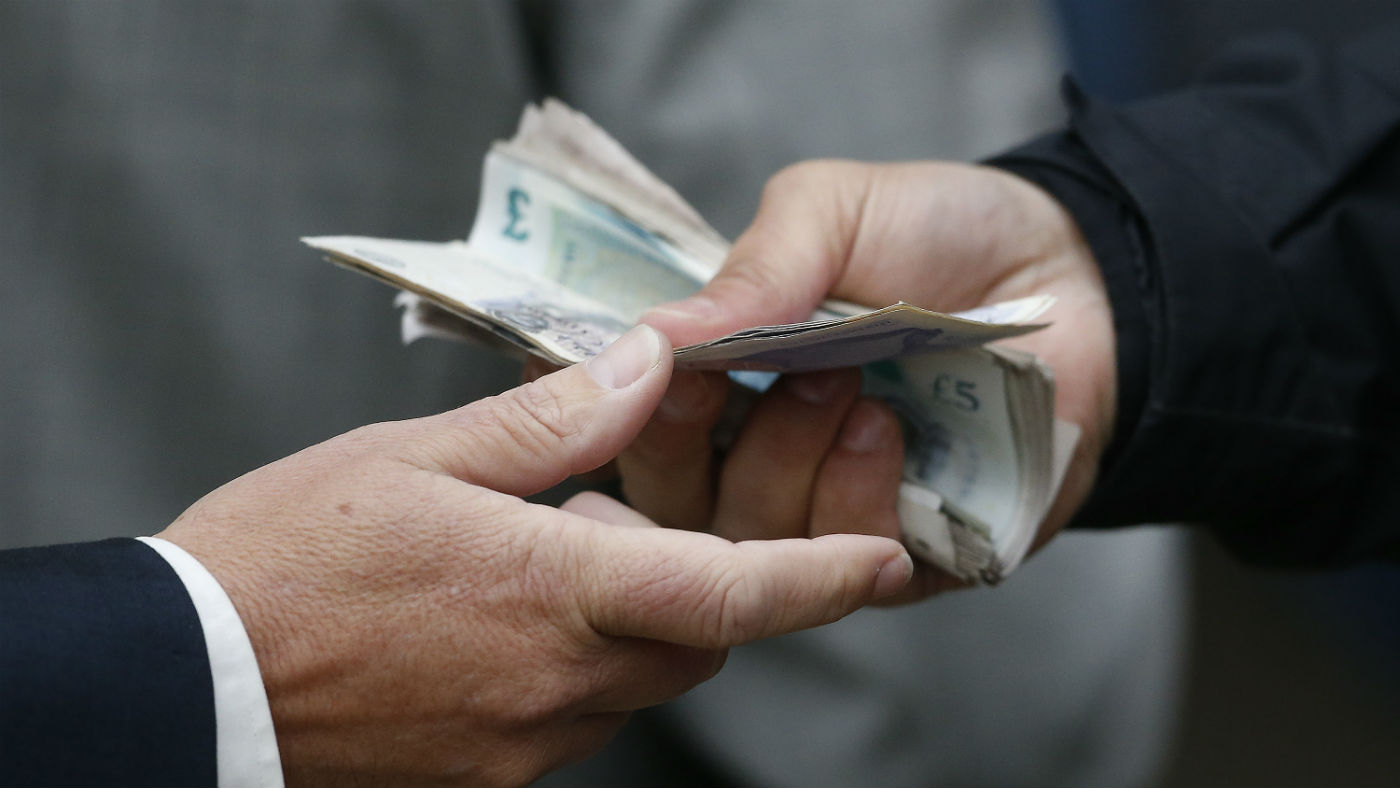 Biggest cut to consumer loans since financial crisis
Biggest cut to consumer loans since financial crisisSpeed Read Cutback comes after repeated warnings from the Bank of England over the pace of household lending